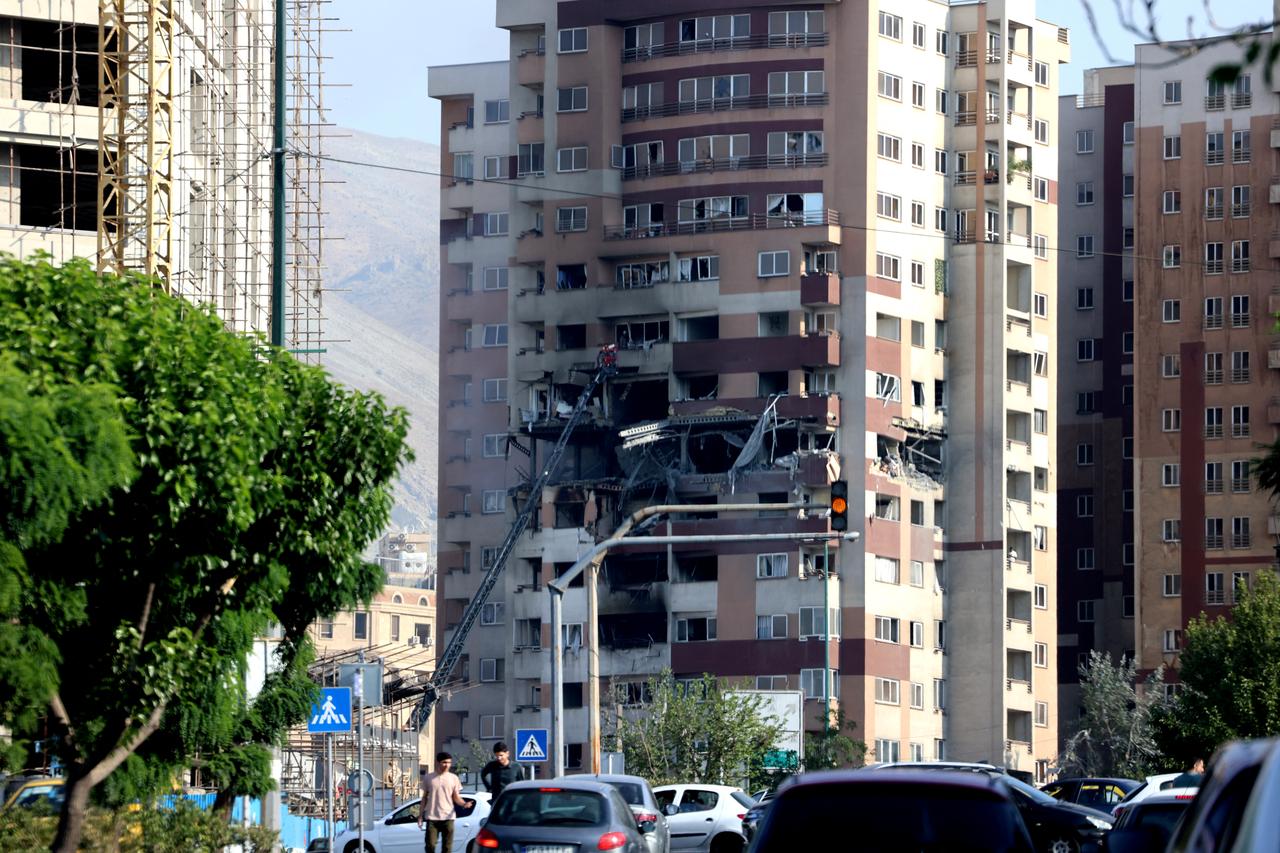
In a major military operation, waves of Israeli airstrikes early Friday struck important Iranian nuclear and military targets, leading to the deaths of several high-ranking officials.
Israeli Prime Minister Benjamin Netanyahu announced early Friday that Israel launched "Operation Rising Lion," a military campaign targeting Iran's nuclear program that he said would continue "for as many days as it takes to remove this threat."
"We struck at the heart of Iran's nuclear weaponization program," Netanyahu said in a televised address, claiming Iran "could produce a nuclear weapon" if not stopped.
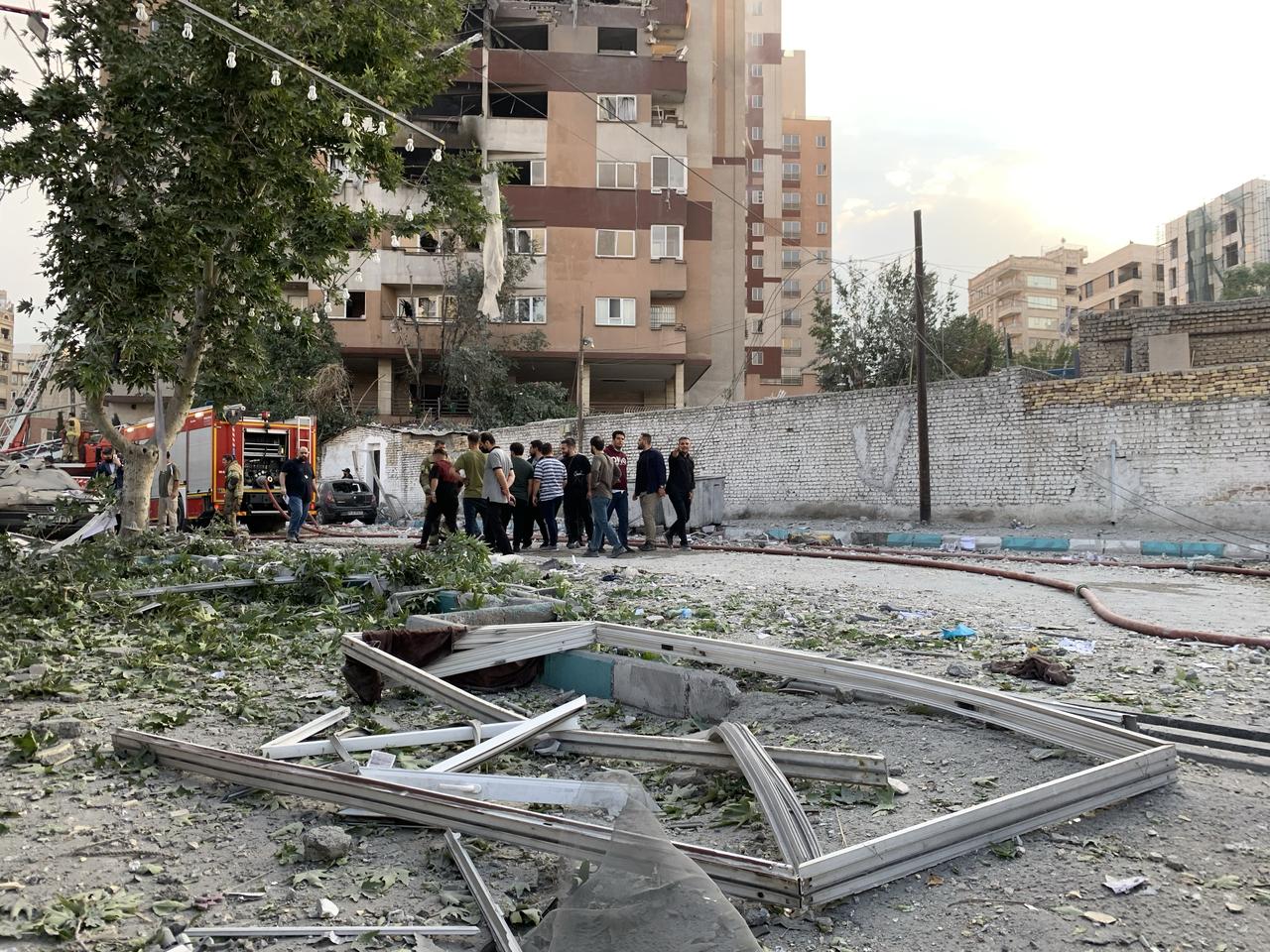
Iranian state media reported that Israeli strikes killed top military officials, including Islamic Revolutionary Guard Corps (IRGC) Commander Gen. Hossein Salami and armed forces chief Mohammad Bagheri.
The strikes also reportedly killed Gen. Gholam-Ali Rashid and two nuclear scientists, Mohammad Tehranchi and Fereydoon Abbasi.
State television reported that at least 50 people wounded, including 35 women and children, were transferred to Chamran Hospital in Tehran.
Bagheri, as one of the most senior military officials in Iran, played a critical role in the country’s military structure, making his death especially significant. Salami’s death is also crucial due to his control over Iran’s military and ballistic missile capabilities.
Along with commanders, Iranian state television confirmed the killing of nuclear scientists Fereydoun Abbasi-Davani and Mohammad Mehdi Tehranchi. These scientists were central figures in Iran's nuclear development efforts.
It remains unclear which country's airspace Israel used or whether American aircraft carriers were involved in the operation. Jordan has denied allowing the use of its airspace, according to officials.
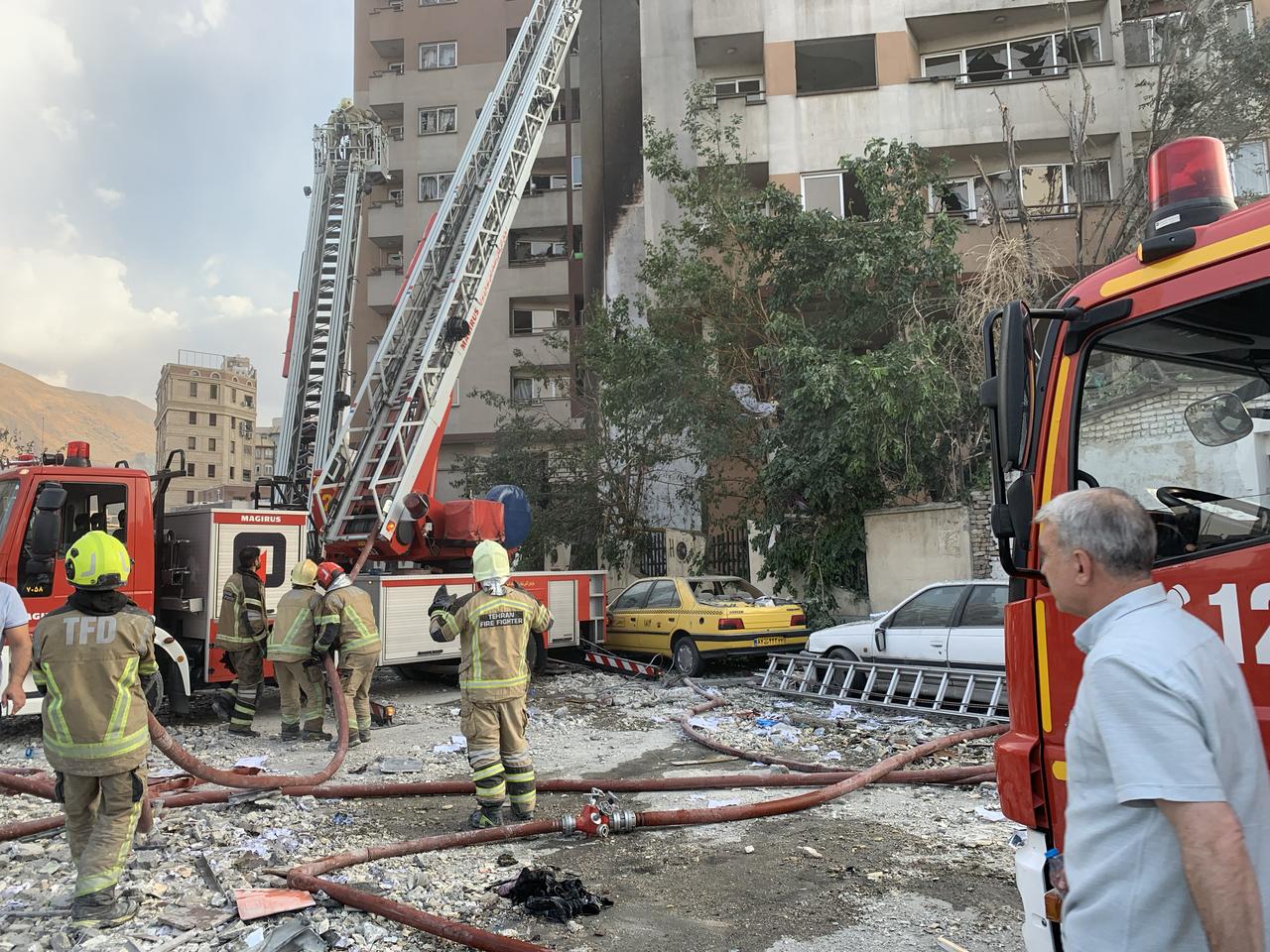
In addition to the casualties, the strikes also hit Iran’s Natanz uranium enrichment facility, a crucial site in Iran’s nuclear program and capabilities.
According to state television, an explosion was heard at the facility, with thick black smoke visible from the site. Natanz has long been a focal point of international concern due to its role in Iran's nuclear development.
The explosion’s timing suggests that Israel may have carried out additional sabotage operations targeting Iran's nuclear infrastructure.
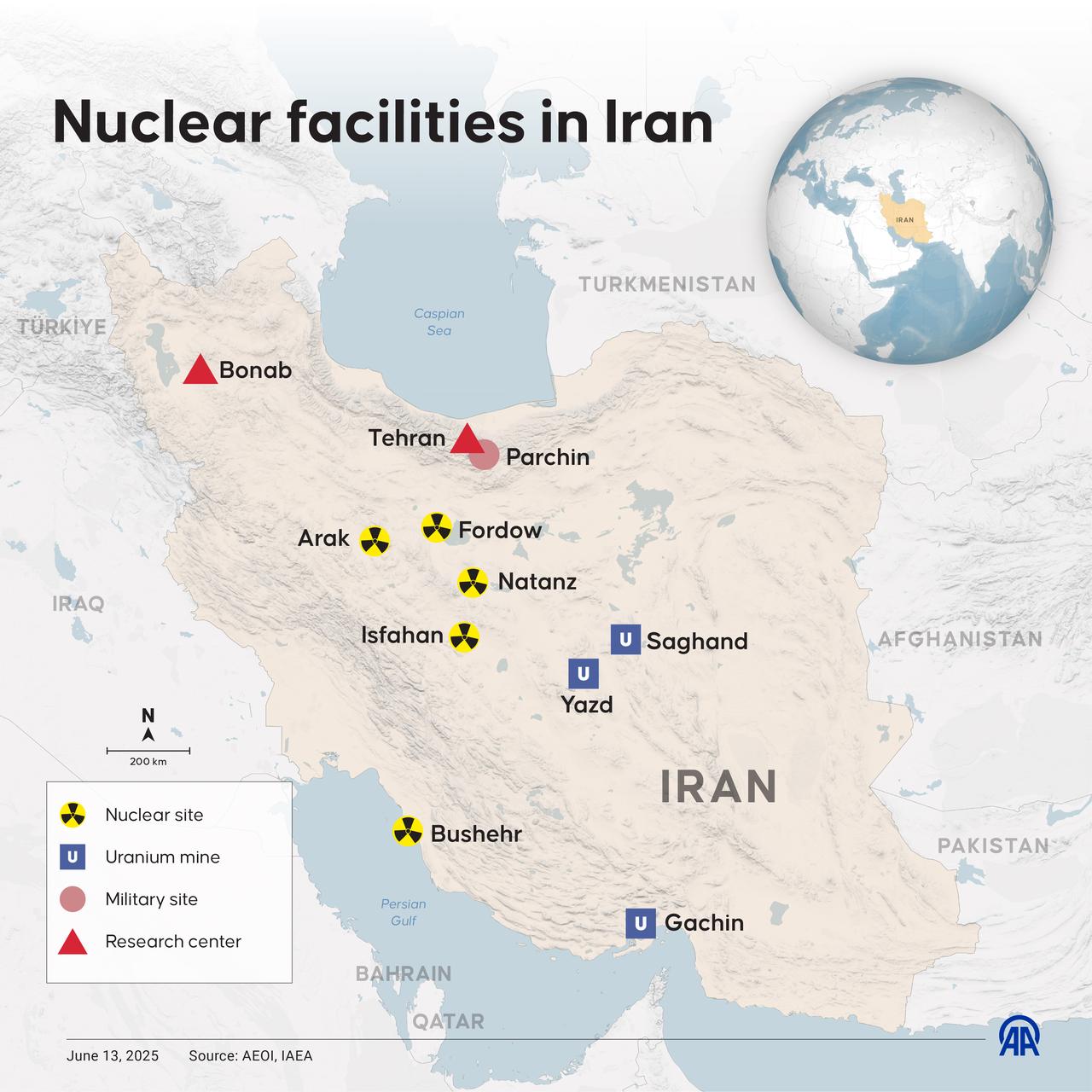
Israeli Prime Minister Benjamin Netanyahu addressed the nation after the attacks, confirming that Israel’s military actions would continue "as long as needed." Netanyahu framed the operation as a necessary “preemptive strike” to prevent Iran from acquiring nuclear weapons.
Netanyahu also took the opportunity to thank U.S. President Donald Trump for his support in Israel’s efforts. Despite this, the Israeli government maintained that it alone made the decision to target Iranian sites, signaling the operation’s strategic autonomy.
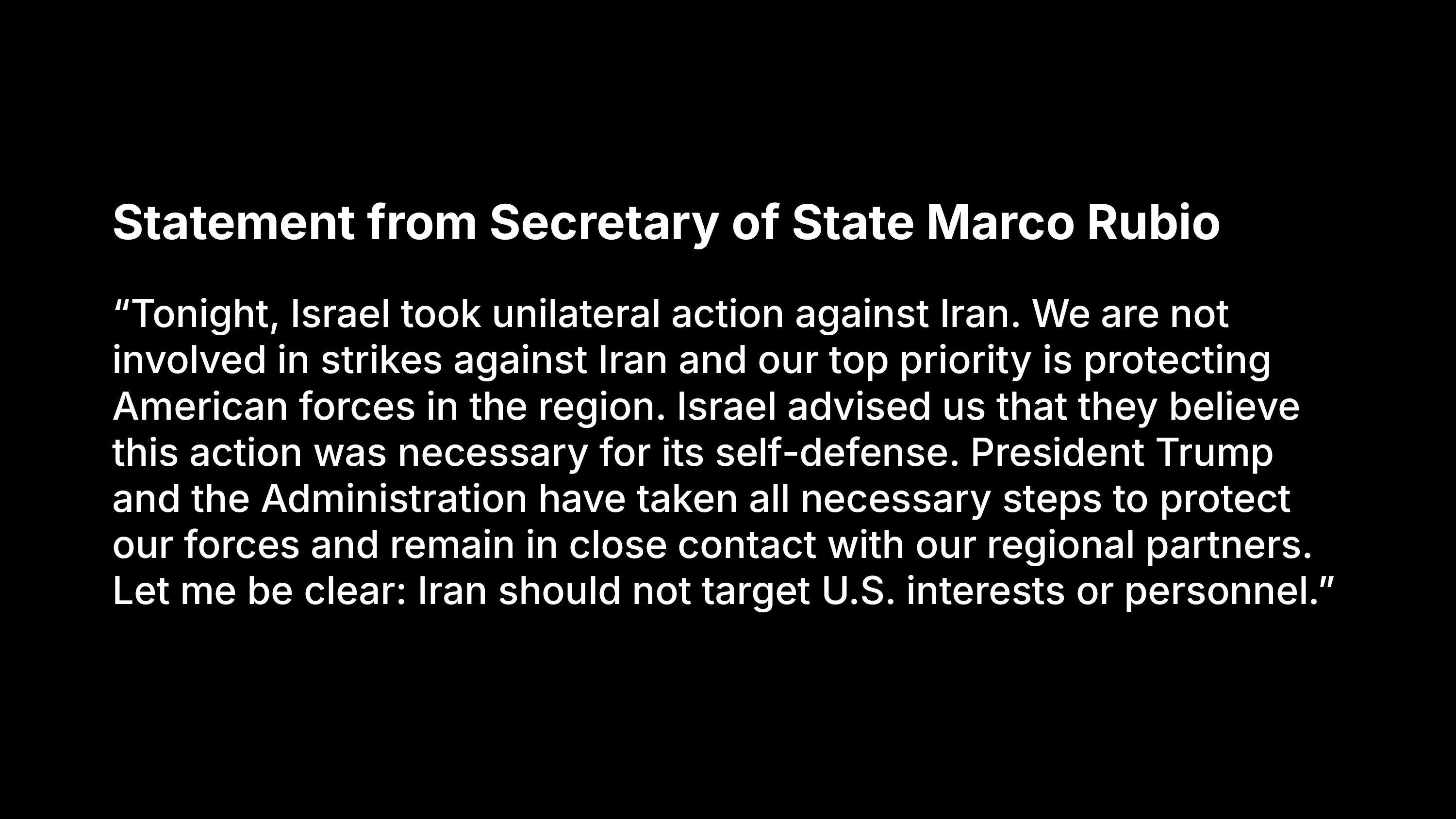
U.S. Secretary of State Marco Rubio immediately clarified that the United States was not involved in the strikes against Iran.
"Tonight, Israel took unilateral action against Iran. We are not involved in strikes against Iran and our top priority is protecting American forces in the region," Rubio said in a statement.
Trump later told Fox News he hopes to continue nuclear negotiations with Iran, adding: "We will defend Israel if necessary."
"Iran cannot have nuclear bombs and we hope to return to the negotiating table. We'll see. There are several people in the leadership who won't be coming back," Trump said, referring to reported casualties.
In response to growing tensions in the region, the U.S. has taken steps to bolster its security presence. Some U.S. diplomats in Baghdad were withdrawn, and voluntary evacuation options were offered to the families of American military personnel stationed across the Middle East.
These measures underscore the heightened risk of conflict in the region, and the U.S. appears to be preparing for potential escalation.
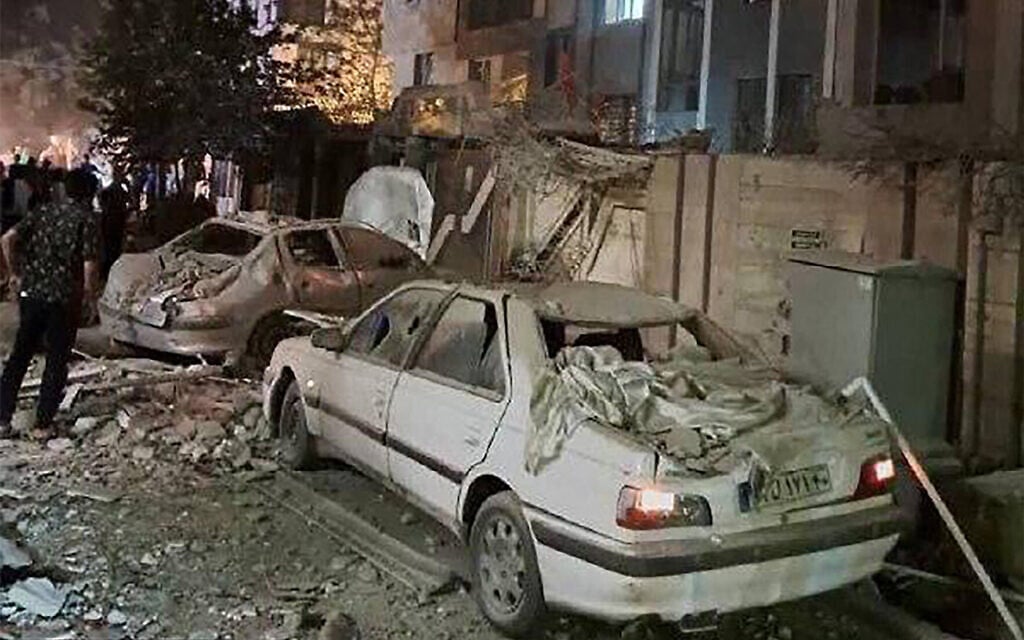
Iran's Supreme Leader Ali Khamenei promised Israel would receive "severe punishment" for the attacks.
"The Zionist regime has committed a crime in our dear country today at dawn with its satanic, bloodstained hands," Khamenei said. "By God's grace, the powerful arm of the Islamic Republic's Armed Forces won't let them go unpunished."
Brig. Gen. Abolfazl Shekarchi, spokesperson for Iran's Armed Forces, said a "retaliation attack is definite."
Iran has responded to the Israeli strikes with strong rhetoric, warning that both Israel and the United States will face severe consequences.
Shekarchi warned that both Israel and the U.S. will “pay a heavy price” for the strikes. The Israeli Defense Forces have also warned of a potential missile attack coming from Iran or its allied groups in the region.
So far, no immediate counterattack has been confirmed, but the atmosphere remains tense and highly unpredictable. Meanwhile, hospitals in cities across Israel are preparing for a possible wartime scenario.
A military official said that the Israeli Air Force conducted five waves of airstrikes across Iran. According to the official, the total number of strikes reached into the hundreds.
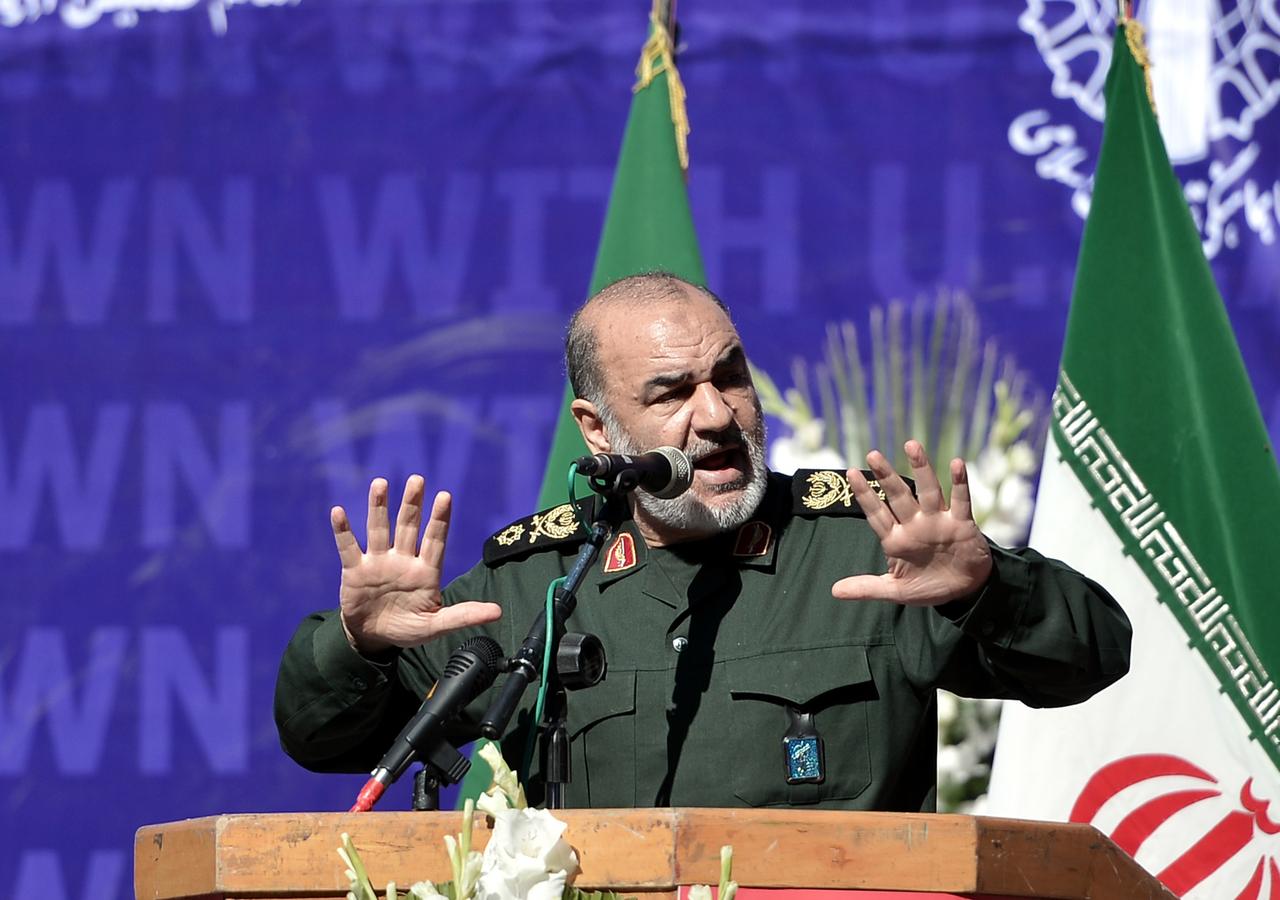
Iran's National Refining and Oil Products Distribution Company confirmed that the country's oil facilities were not damaged in Israel's attacks.
"No damage was caused to the country's refining facilities and oil depots in Israel's attacks today," the company said in a statement on Iranian state television.
The ministry added that oil facility operations and fuel distribution continue without interruption throughout the country.
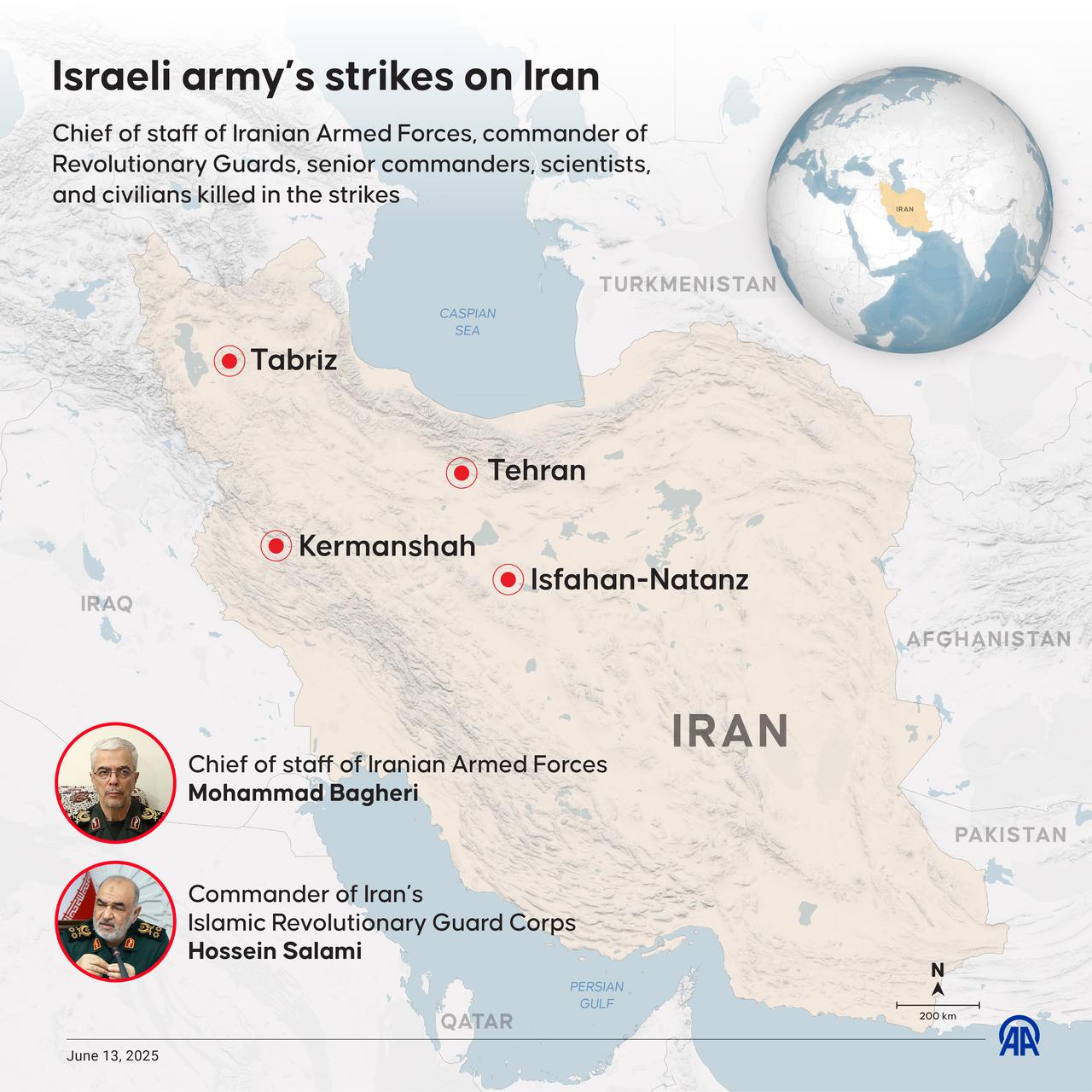
Netanyahu later called the strikes "very successful," warning they were only the beginning of a broader campaign.
"We have hit the senior command, we have hit senior scientists who are promoting the development of atomic bombs, we have hit nuclear facilities," Netanyahu said in a video statement.
According to an Israeli army spokesman, 200 Israeli planes participated in the operation, dropping 330 munitions on targets in Iran.
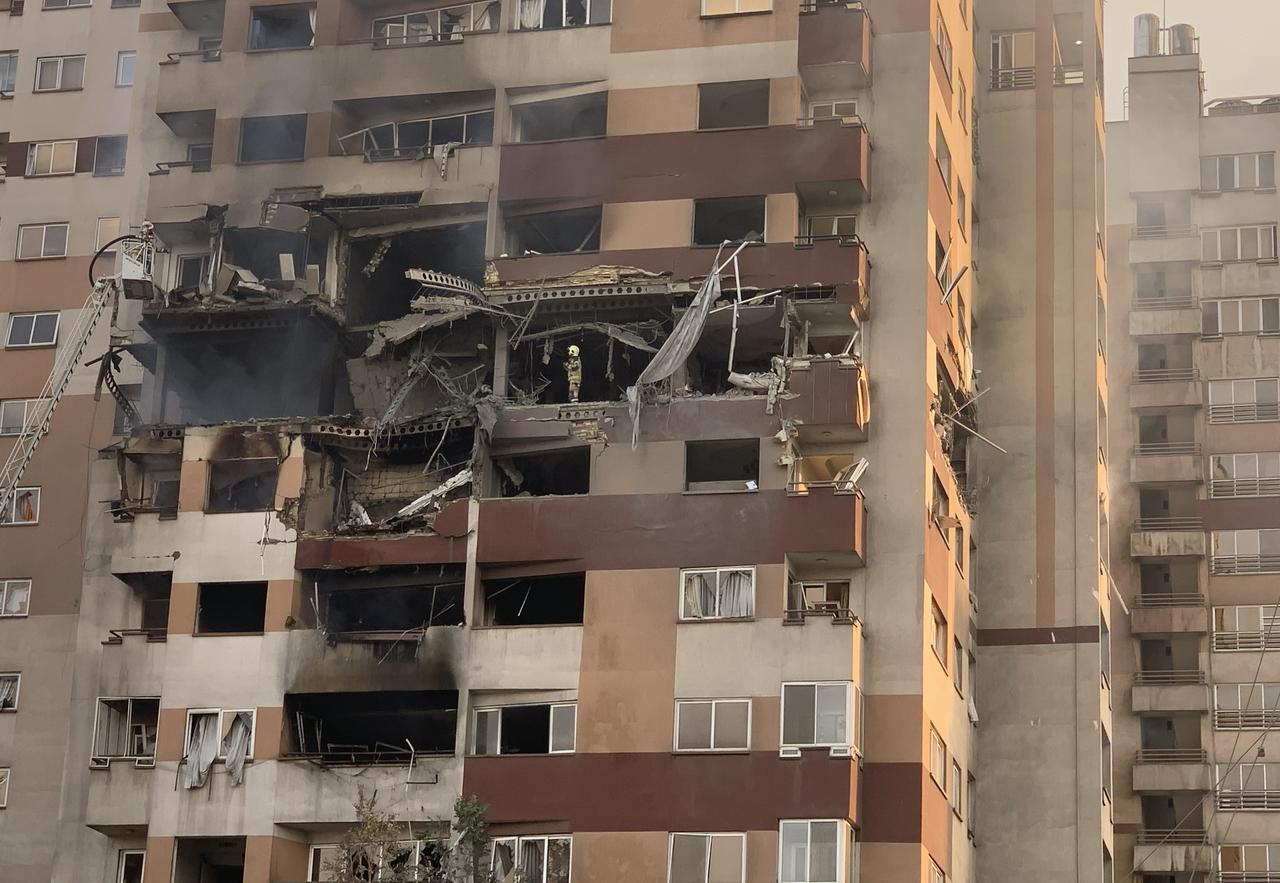
Jordan announced the temporary closure of its airspace, with government spokesman Mohammad al-Momani warning: "The Kingdom didn't and will not allow any violation of its airspace, and it will not be a battlefield for any conflict."
Israel also closed its airspace to civilian traffic, canceling all flights at Ben Gurion International Airport.
U.N. Secretary-General Antonio Guterres condemned the military escalation, saying he was "particularly concerned by Israeli attacks on nuclear installations in Iran while talks between Iran and the United States on the status of Iran's nuclear program are underway."
The International Atomic Energy Agency confirmed the Natanz nuclear site was among the targets and said it was monitoring radiation levels.